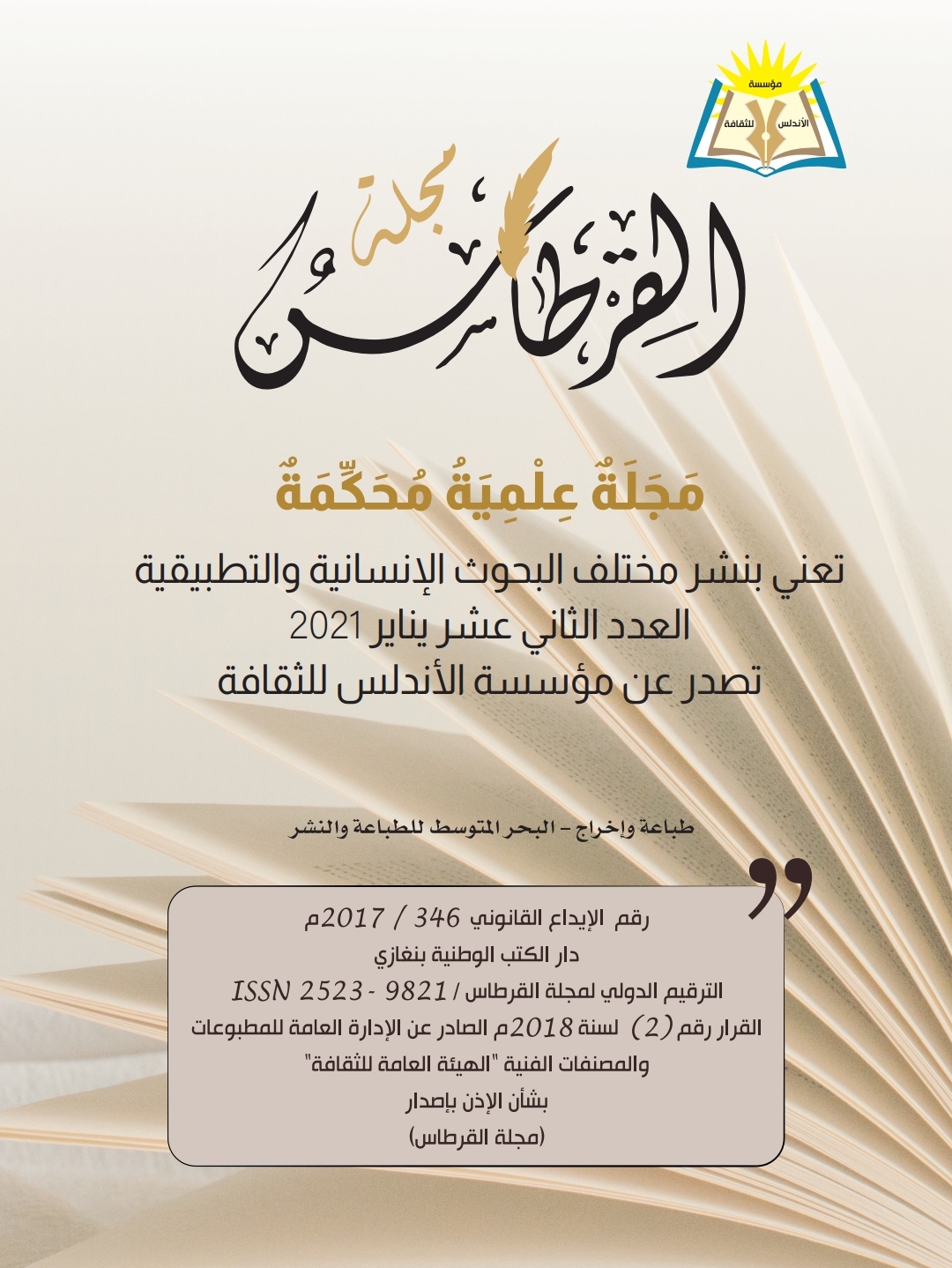Age Effect on Second Language Acquisition: A Critical Review and Implications for Education in Libya
Contenu principal de l'article
Résumé
This paper discusses the influence of age in second language acquisition. It critically attempts to investigate whether the common view of ‘the younger the better’ is reasonable in different learning contexts. Based on literature research on this topic for over past sixty years, this paper disputes that ‘the younger the better’ is a reasonable belief in abroad contexts where children are exposed intensively and daily to the target language. This rich input helps to activate the work of their implicit mechanism leading to gaining close native-like norms and accent. Yet, “the younger the better” ineffectively works in foreign settings with a limited exposure of the target language. Thus, “the older the better” is more reasonable in foreign contexts. Therefore, for a better students’ linguistics competence in English in our schools in Libya, the government has to consider some favorable circumstances in particular YL teachers and it has to work urgently to raise their efficiency in teaching English to younger learners, and that can be achieved via well- planned training programmes to ensure effective and valuable results.
